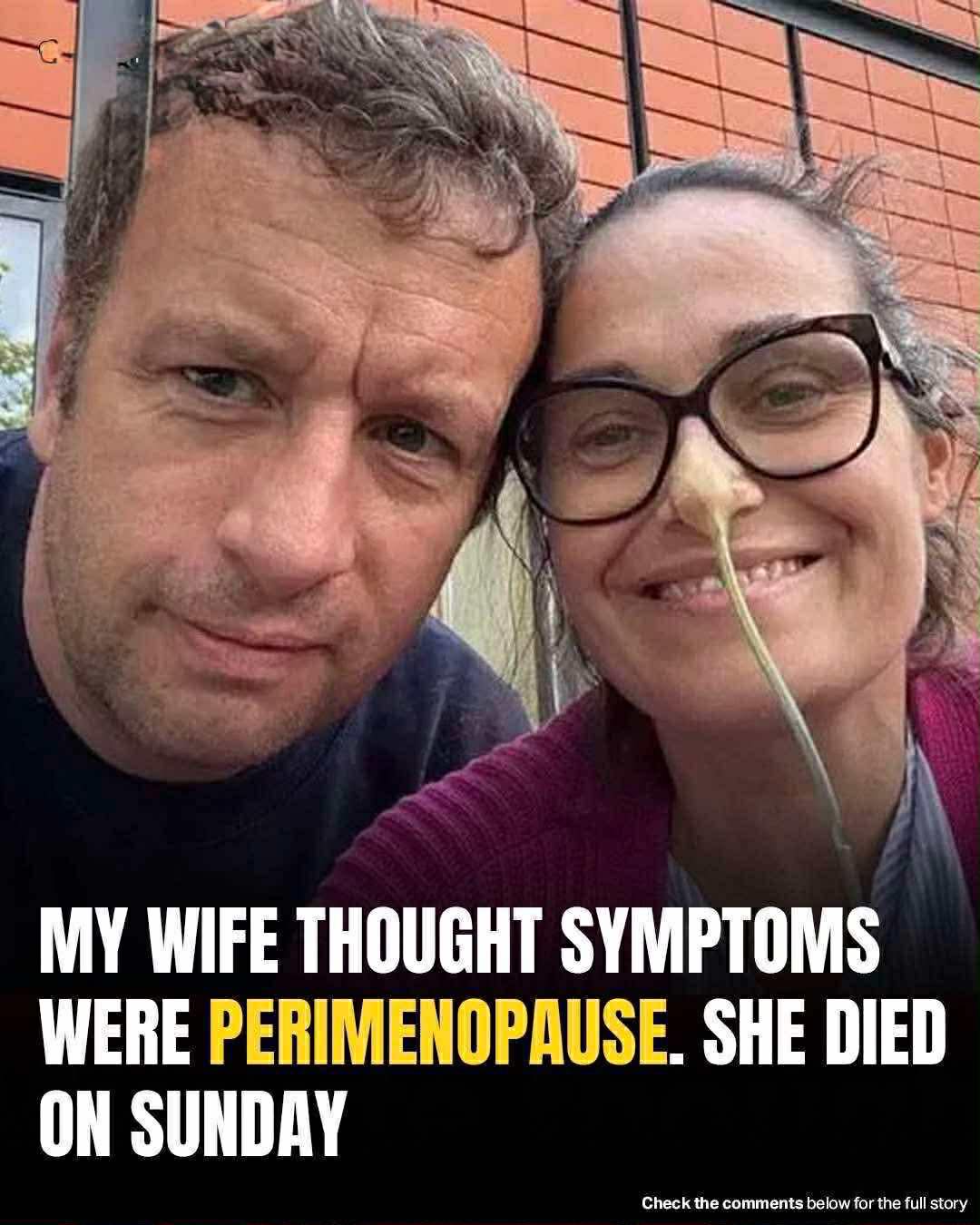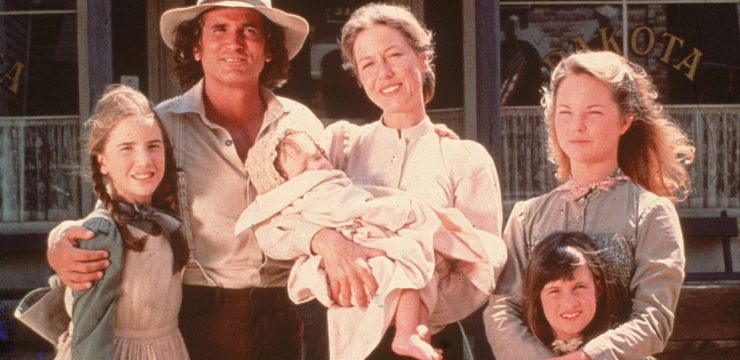Laura Dawson, a 44-year-old mother of two from London, spent months battling bloating and morning fatigue, assuming her symptoms were simply the start of perimenopause, unaware that they were actually signs of something far more dangerous. For a long time, she dismissed the discomfort as hormonal changes that many women experience in their forties, but everything changed one night when she was struck with excruciating abdominal pain that forced her to seek urgent medical care at the A&E.

Doctors quickly discovered she had an obstruction in her bowel that required emergency surgery. Although the operation was initially deemed successful, further tests brought devastating news: Dawson had stage three bowel cancer. From that moment, her life and her family’s life were turned upside down. Her husband, Ben Dawson, described the rollercoaster of emotions that followed. Laura began six months of chemotherapy, and for a short period, there was reason to be hopeful. In August, scans came back clear, and the family celebrated the promising results. They allowed themselves to believe that the battle might be turning in her favor. But the joy was short-lived. Just one month later, in September, doctors revealed that the cancer had returned and spread. Ben recalled the crushing moment, saying, “That was absolutely gut-wrenching.”
Despite the devastating setback, Laura did not give up immediately. She tried additional forms of chemotherapy in hopes of slowing the disease, but the treatments began to take a heavy toll on her body. Instead of giving her more time, they left her weak, drained, and more ill. Two months before her death, Laura made the incredibly difficult decision to discontinue treatment. She chose instead to prioritize quality over quantity, spending her remaining days surrounded by the people she loved most. She focused on creating memories with her family and friends, embracing the time she had left rather than enduring more suffering from aggressive treatments. During this period, St Christopher’s Hospice in Sydenham, south-east London, played a vital role in helping Laura live her final weeks with dignity and comfort.
The hospice team arranged for her to remain at home with the support of carers, allowing her to spend two weeks in familiar surroundings with her loved ones. Later, she stayed at the hospice for nearly three weeks, where she was cared for with deep compassion. Ben expressed his gratitude, explaining that the hospice staff ensured Laura’s final days were peaceful. “The care Laura received at home from the carers from St Christopher’s allowed her to have her final two weeks at home in a comfortable and dignified way.
Then, during the nearly three weeks she stayed at the hospice, she was so well looked after – and everyone there was so compassionate and so caring – that it made Laura’s last few days so good for her. We’re eternally grateful that such a positive experience could come from such a negative situation,” he said. On Sunday, June 29, Laura Dawson passed away at St Christopher’s Hospice with her husband by her side. Even as her life neared its end, Laura reflected on her journey with courage and a sense of peace. She shared profound insights about death, speaking candidly about how her perspective had shifted. “Some of the happiest days of my life have been in the last few weeks,” she admitted, explaining that facing death had allowed her to live more fully.
She acknowledged how society tends to shy away from discussing dying, which only reinforces fear and negative perceptions. “By doing that, we reinforce negative ideas around death. People think death is always going to be painful and traumatic, but it doesn’t have to be,” she said. Laura believed that cancer had forced her to confront the inevitability of death in a way most people avoid, but in doing so, she had found a kind of freedom. “Deep down we all know we are going to die. Cancer has forced me to acknowledge it. Since then I’ve lived more fully than I’ve ever done and that has been a gift.”
These words captured her resilience and her ability to find light even in the darkest moments. Laura Dawson’s story is a reminder of how precious life is and how important it is to listen to our bodies when something feels wrong. Her journey shows the harsh reality of how symptoms can sometimes be mistaken for something minor until it is too late, but it also highlights the power of love, dignity, and acceptance at the end of life. She left this world knowing she was loved deeply, cared for tenderly, and remembered not only for the battle she fought but also for the grace with which she faced it.





